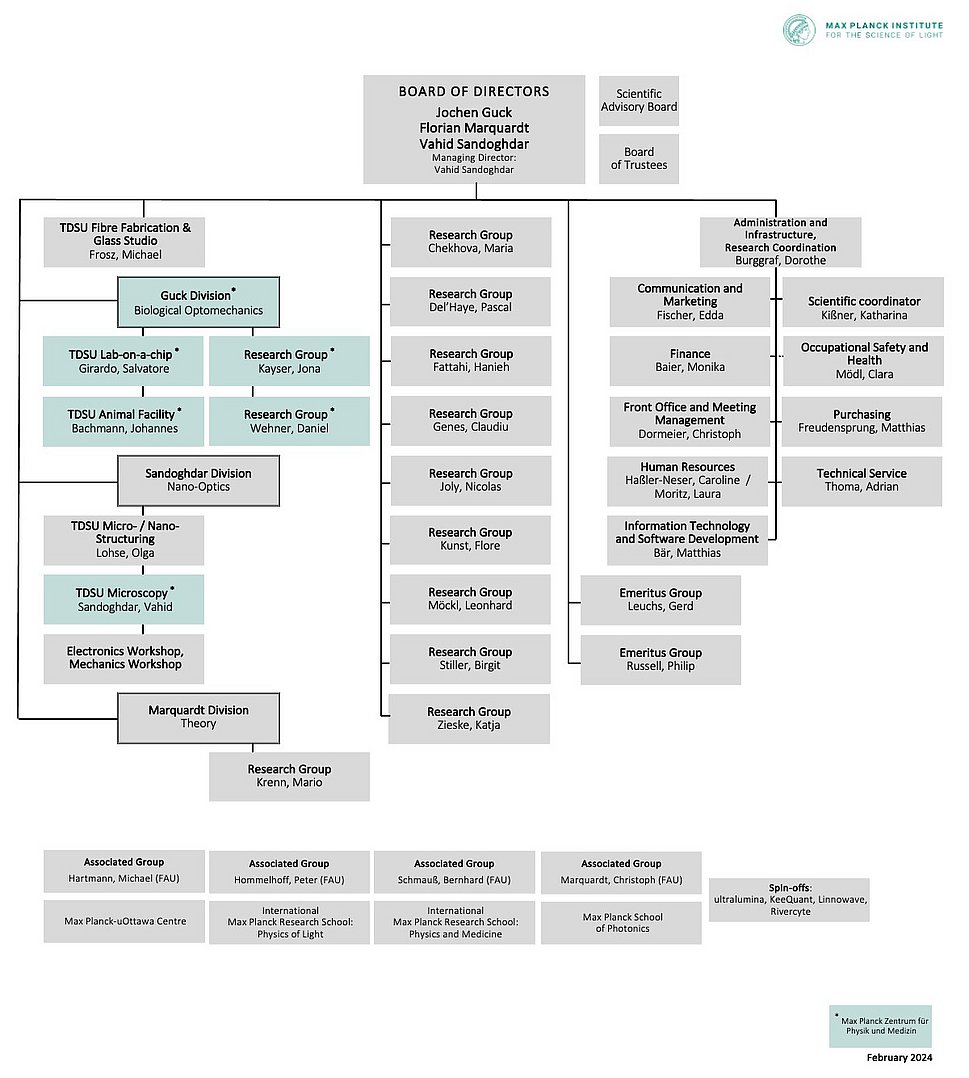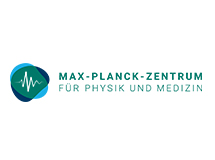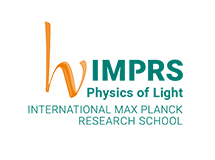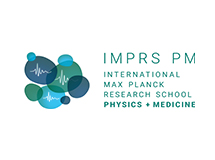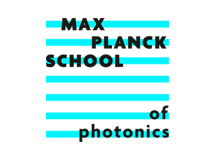The Institute
The Max Planck Institute for the Science of Light (MPL) is currently headed by three directors, each of whom is responsible for a division. Every two years, one of the directors takes over the management of the institute in turn; Prof. Vahid Sandoghdar is currently the managing director.
In addition to the divisions, there are independent research groups led by young scientists. Currently there are fifteen research groups and two emeritus groups at the MPL.
Three Technology Development and Service Units (TDSUs) supervise the key technologies and make them available to the divisions and research groups. In addition, they also pursue their own research projects.
Mechanics and electronics workshops support the researchers by manufacturing custom-fit devices.
There is also a lot to do outside of research: The departments of Building Technology, Purchasing, Finance, Front Office, IT, Communication and Human Resources take care of all organisational processes.
The regular evaluation of the work at the institute is carried out by the Scientific Advisory Board. The Board of Trustees acts as an interface to the social environment.
Programmes for students
Together with the Friedrich-Alexander University Erlangen-Nürnberg (FAU), the Friedrich-Schiller University Jena, the Fraunhofer Institute for Integrated Circuits IIS and the Fraunhofer Institute for Applied Optics and Precision Engineering IOF, MPL offers the International Max Planck Research School Physics of Light (IMPRS-PL), an international, collaborative PhD programme. Since 2016, MPL and FAU additionally offer a joint Master’s (MSc) programme in physics within the framework of IMPRS-PL.
The Max Planck School of Photonics (MPSP) is a supra-regional and closely networked graduate school with an integrated Master's programme. Along with the Fraunhofer Institute for Applied Optics and Precision Engineering IOF, the Fraunhofer Institute for Laser Technology ILT, the Max Planck Institute for Biophysical Chemistry (BPC), the Max Planck Institute for Quantum Optics (MPQ), the Deutsches Elektronen Synchrotron (DESY), the Helmholtz Centre for Heavy Ion Research Jena (GSI HIJ) and the Leibniz Institute for Photonic Technologies (IPHT), MPL is part of the partner network of the participating universities.
The Erlangen Graduate School in Advanced Optical Technologies (SAOT) was established at FAU. It is set up at the university level directly under the umbrella of the FAU Graduate School. Besides various FAU faculties, MPL is part of the Graduate School. There are also close contacts to other institutes and industrial partners like the Bavarian Laser Centre (BLZ), the Fraunhofer Institute for Integrated Systems and Device Technology IISB and the Bavarian Center for Applied Energy Research (ZAE).
The officer responsible for doctoral affairs is Prof. Nicolas Joly.
Contact:
Tel.: +49 9131 7133 215
E-Mail: Nicolas.Joly@mpl.mpg.de
Cooperations
The MPL is associated with three FAU research groups: Prof. Michael Hartmann, MPL-Fellow Prof. Peter Hommelhoff and Prof. Bernhard Schmauß.
Together with the University of Ottawa and the Max Planck Institute for Quantum Optics (MPQ), the MPL has established the Max Planck - uOttawa Centre for Extreme and Quantum Photonics, a collaboration for international research cooperation.
The Max-Planck-Zentrum für Physik und Medizin is a joint research center with FAU and the University Hospital Erlangen. It is still under construction and is scheduled for completion by 2024. Corresponding research is already taking place on the premises of MPL, FAU and the University Hospital.
Managing director:
Dr. Vahid Sandoghdar, Ph.D.
Contact:
Julia Graßer (PA)
Tel.: +49 9131 7133 301
E-Mail: managing-director@mpl.mpg.de
Head of Administration and Infrastructure:
Dr. Dorothe Burggraf
Contact:
Lisa Spann (PA)
Tel.: +49 9131 7133 801
E-Mail: lisa.spann@mpl.mpg.de
Emergency Contact
Phone: +49 (0)9131 7133 0


